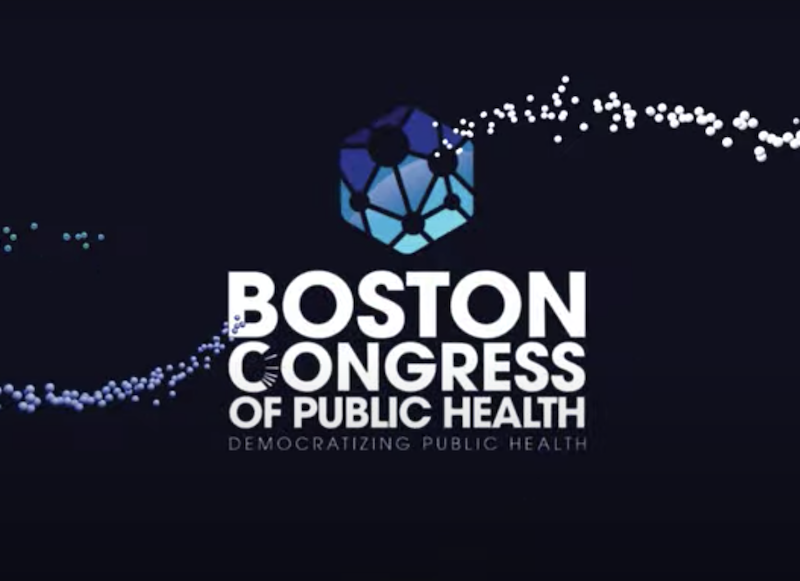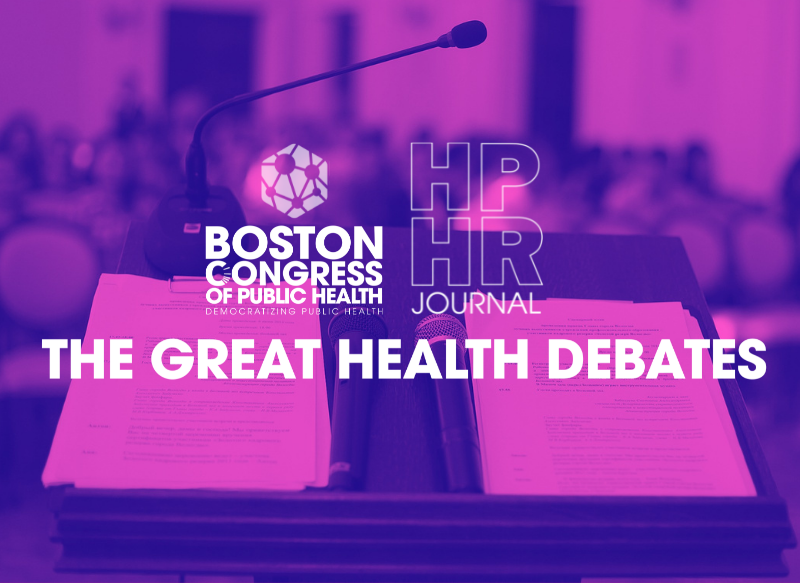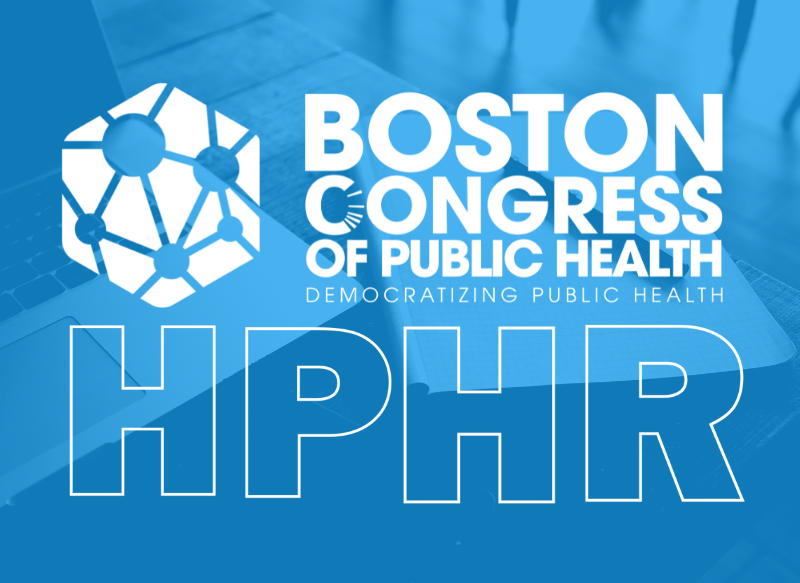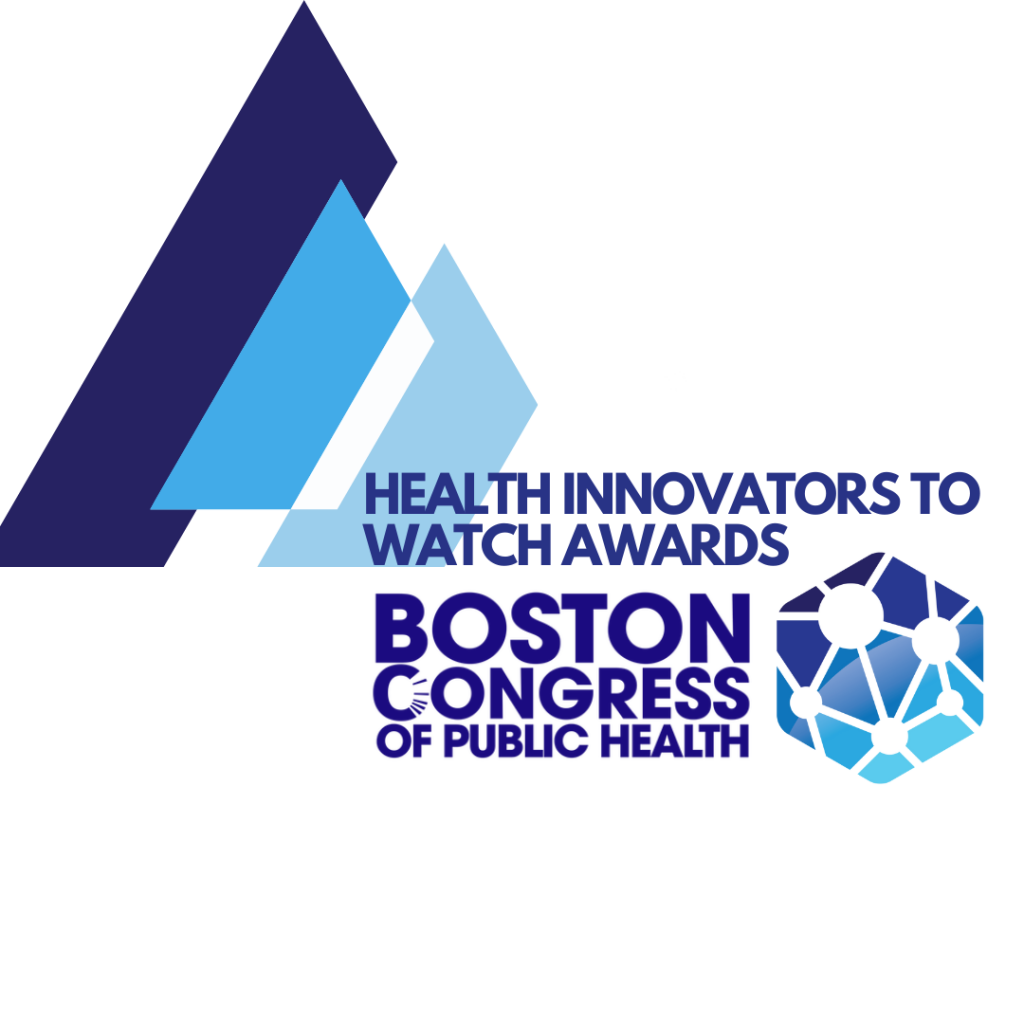
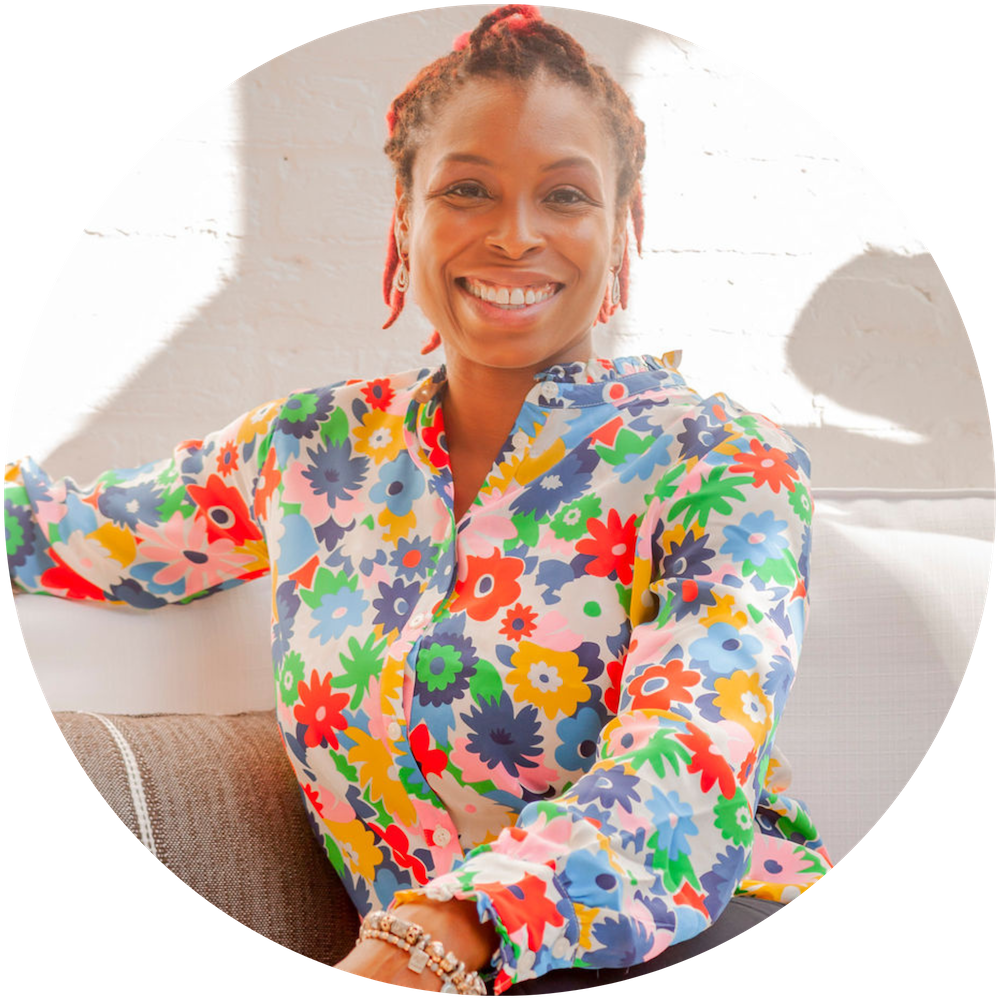
Nikki Akparewa is a nurse entrepreneur and the Founder of Transform Nursing. She is also a Health Equity Education Coach and a subject matter expert in racial equity and inclusion work. Nikki is a published author of “The Clinician’s Guide to Microaggressions: Unconscious Bias: Racial Justice in Healthcare.” With over a decade of experience, Nikki has worked in the international space, in critical care and community-based care to help healthcare businesses develop change strategies around their key performance indicators and work culture. Nikki is an expert on promoting individuals’ organizational growth by navigating difficult conversations around race, class and other social barriers that health care leaders need to learn to deliver safe and compassionate care. Nikki’s results-oriented approach strengthens the organization’s ability to think, act and operate confidently as inclusive spaces. Currently, Nikkis is partnering with the Johns Hopkins University School of Nursing to deliver a state-wide MDMoms training to help labor and delivery professionals reduce the rate of maternal morbidity for black mothers. She is also a subject matter expert for the American Nurses Association and sits as the nurse authority on academic and healthcare boards. In addition, she works at the University of Maryland as an HIV Nurse Coordinator. You can learn more about her at www.transformnursing.com or by emailing her at [email protected].
Personal Statement
Before nursing school I knew that public health was what I wanted to do. My interest came alive when a friend who was in nursing school told me that she worked with the pregnant teenagers in her tribe. During nursing school, I pursued public health opportunities and it was just the beginning for me. One of my nursing school experiences was working with a tribal community in Seattle, WA assisting diabetic people with disease management. I learned from this experience the value of creating community, nurturing an activist spirit and understanding the disproportionate and avoidable burden of illness in vulnerable communities. I began to crave experiences that would allow me to serve marginalized communities in a broader way.
My years as a cardiac critical care nurse in Baltimore city opened my eyes even more to the plight of impoverished and under-resourced people. I witnessed first hand how our healthcare system leaves wide and deep gaps that even our safety net public health systems struggle to fill. I also realized the imbalance in disciplinary actions towards nurses of color. I witnessed firsthand, nurses of color were told that they almost failed their orientation and that they would need an extended preceptorship to stay in critical care; nurses of color told that if they took extended vacations to visit relatives abroad they may as well not come back to work; and my own humiliation of having to be audited for three months for making a minor medication error.
Conversely, I witnessed white nurses make medical errors leading to mortality and get cross-trained to the coveted ICU. I quickly realized that this was a systems-level issue that I didn’t want to battle. Besides, my passion for public health nursing was evident, especially as I pursued my MSN, MPH. My mentor at the time realized my passion and connected me with an opportunity to develop programs in Trinidad & Tobago. As the Director of Nurse Education for the Trinidad & Tobago Health Sciences Initiative I began the important work of building the programmatic infrastructure for nurses to become cardiac critical care nurses. I not only developed the curriculum, but I liaised with their Ministry of Science Technology & Tertiary Education to engage in strategic partnership around how these nurses would safely do their jobs. It involved much cultural humility, advocacy and collaboration. Further, I implemented and evaluated these programs to determine if the program would be sustainable. It was the experience of developing programs to strengthen the infrastructure for cardiac nursing in Trinidad and Tobago that I realized that I wanted to take my work to the next level and pursue entrepreneurship.
I have been a nurse entrepreneur for almost 10 years now. I first began this journey because I was tired of watching other nurses of color, including myself, experience micro-aggressive behaviors in the workplace. My entrepreneurial journey has led me to be a motivational speaker, speaking about how nurses can take action to prevent harms caused to other nurses by racism in nursing as well as how to recognize when biases are occurring with patients as well. I have collaborated with universities, care management organizations, federally qualified health centers and have found that in order to make antiracism sticky, it has to be embedded in workplace culture. More recently, I have been working with innovative strategies to help nurse faculty pull the threads of health equity to the surface in their curriculum. For example, in the public health nursing clinical that I teach, I did a presentation for our nurse clinical instructors on how to embed anti-oppressive frameworks into their teaching. In the presentation, I highlighted the importance of introspection and application to the community that is being served. My hope is to continue to network and connect with nurse leaders in academic institutions to assist them in creating a strategic process that will strengthen their approach to justice, diversity, equity and inclusion until it becomes standardized.
Honorees selected for the Health Innovators to Watch Awards come from across the globe, representing health and healthcare innovation in traditional public health fields, research, academia, architecture, and more. In addition, innovators are intentionally diverse in backgrounds, from public health founders and co-founders, inventors, national and international leaders, directors, researchers, academicians, and curriculum developers
